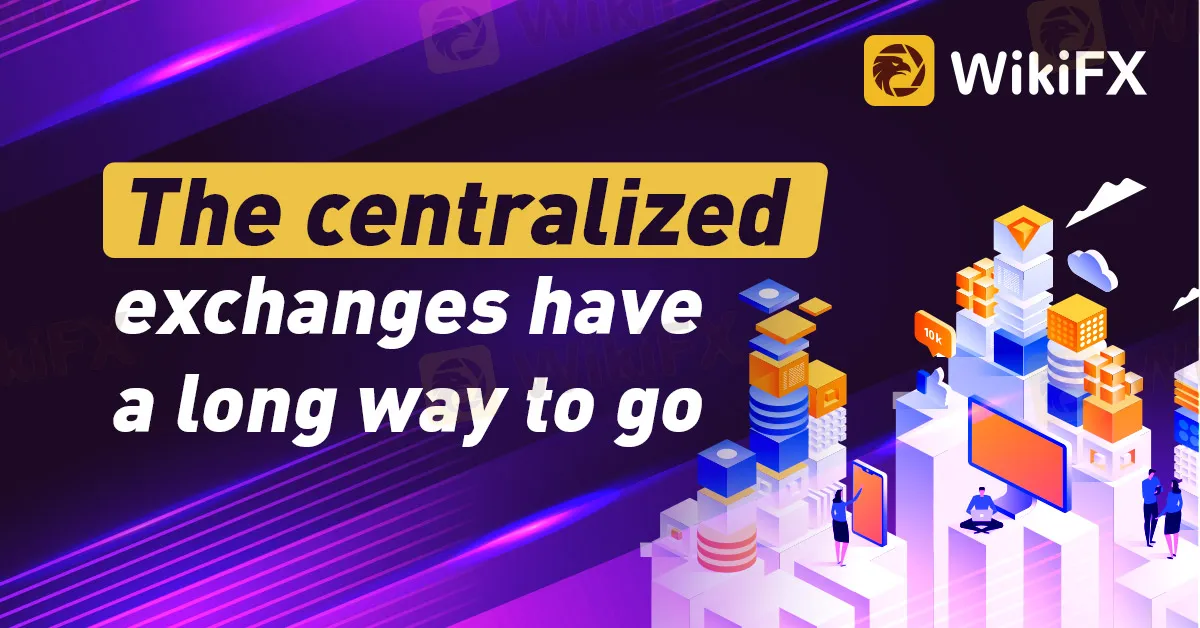简体中文
繁體中文
English
Pусский
日本語
ภาษาไทย
Tiếng Việt
Bahasa Indonesia
Español
हिन्दी
Filippiiniläinen
Français
Deutsch
Português
Türkçe
한국어
العربية
The centralized exchanges have a long way to go.
Abstract: Is Binance being used by fraudsters when it froze client funds without even giving notice?

Details
Recently, one exposure case about Binance caught our eye. According to some Chinese investors, Binance in Turkey froze their assets without doing a further investigation because “the police” asked Binance to do so. “The police” accused the investors of violating the laws and asking the investors to give the money to a “third party who is the real owner of the money.” Investors think the money belongs to them, not some third party. It is also suspected that these so-called policemen are fraudsters in disguise.


Is the police real?
We're not sure if the cops are real. Or maybe they are fraudsters who pretend to be police. and they ask the investor to give up the money. Even worse, Binance absolutely stands with the “police.” The weird thing is that the police ask the investor to settle things behind closed doors rather than through a formal and legal body such as the courts.
There were a number of customers unhappy with Binance's role as an accomplice, as well as investors unhappy about the shortcomings of the centralized exchange. “Centralized exchange has a long way to go”. That resonates with many investors.
What is a Centralized Exchange?
A centralized exchange is a business model similar to traditional asset exchanges like stock exchanges that coordinates cryptocurrency trading on a large scale. All transactions are monitored by a third party to ensure that they are secure. To ensure that transactions are safe, traders deposit their funds into an intermediary account for a specified period of time.
To trade with a centralized exchange, you have to submit your personal information for verification before transacting. Centralized exchanges are easy to use, but they have very complex compliance principles that some users may not like. Some users find it difficult to share their personal details when transacting.
What is a Decentralized exchange?
A decentralized exchange allows crypto traders to buy and sell digital assets like cryptocurrencies without intermediaries, which means traders do not have to deposit their funds into a third-party account when transacting.
Note that decentralized exchanges are usually based on blockchain technology and allow peer-to-peer trading, which does not require users to seek permission to buy or sell digital assets. This also means traders can use escrow systems or proxy tokens.
Conclusion
It is rare for Binance, the representative of centralization exchange, to freeze client funds on a large scale. Many investors have reacted directly to Binance. Binance agents replied that they were treating the matter as a matter of urgency. But so far there has been no tangible progress. The problem is whether the so-called “police” are true or not. If so, why not contact investors through formal and legal channels rather than blackmail investors on private chat platforms? If the cops were fraudsters in disguise, why did Binance follow the fraudsters' instructions to freezing investors' money without further investigation? We will continue to monitor developments, but perhaps as some investors say, “Centralized exchange has a long way to go.”

Disclaimer:
The views in this article only represent the author's personal views, and do not constitute investment advice on this platform. This platform does not guarantee the accuracy, completeness and timeliness of the information in the article, and will not be liable for any loss caused by the use of or reliance on the information in the article.
Read more

RM62k Lost Investment Scam After Joining XRP Community Malaysia on Telegram
A 30-year-old homestay manager from Chendering, Malaysia, fell victim to an online bitcoin investment scam, losing RM62,214.59. According to Kuala Terengganu police chief ACP Azli Mohd Noor, the incident unfolded after the victim joined a Telegram group named “XRP Community Malaysia” on December 19. The group promoted bitcoin investments allegedly powered by Artificial Intelligence (AI).

Russia Turns to Bitcoin for International Trade Amid Sanctions
Russian companies are increasingly using Bitcoin and other cryptocurrencies to bypass Western sanctions and facilitate international trade. The country's Finance Minister, Anton Siluanov, confirmed that cryptocurrencies mined in Russia are now being employed for foreign transactions under an experimental framework.

Malaysia Pioneers Zakat Payments with Cryptocurrencies
Malaysia has taken a significant step in modernising religious practices by becoming the first country to enable zakat payments through digital assets.

Russia to Fully Ban Crypto Mining in 10 Regions Starting January 1, 2025
Starting from January 1, 2025, Russia will implement a comprehensive ban on cryptocurrency mining in 10 regions for a period of six years. The ban will remain in effect until March 15, 2031.
WikiFX Broker
Latest News
Two Californians Indicted for $22 Million Crypto and NFT Fraud
RM62k Lost Investment Scam After Joining XRP Community Malaysia on Telegram
Victims of Financial Fraud in France Suffer Annual Losses of at Least €500 Million
WikiFX Review: Is Ultima Markets Legit?
Colorado Duo Accused of $8M Investment Fraud Scheme
What Impact Does Japan’s Positive Output Gap Have on the Yen?
Macro Markets: Is It Worth Your Investment?
Trading is an Endless Journey
SEC Warns on Advance Fee Loan Scams in the Philippines
Malaysia Pioneers Zakat Payments with Cryptocurrencies
Currency Calculator


